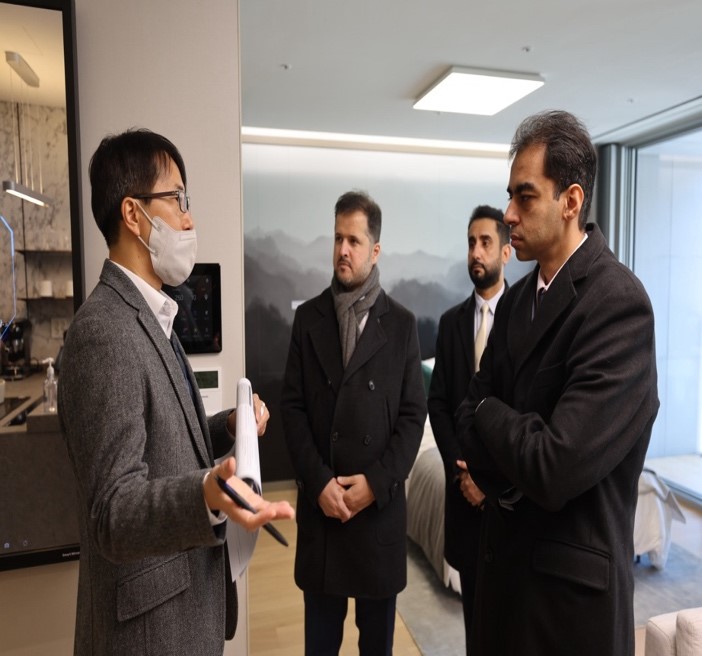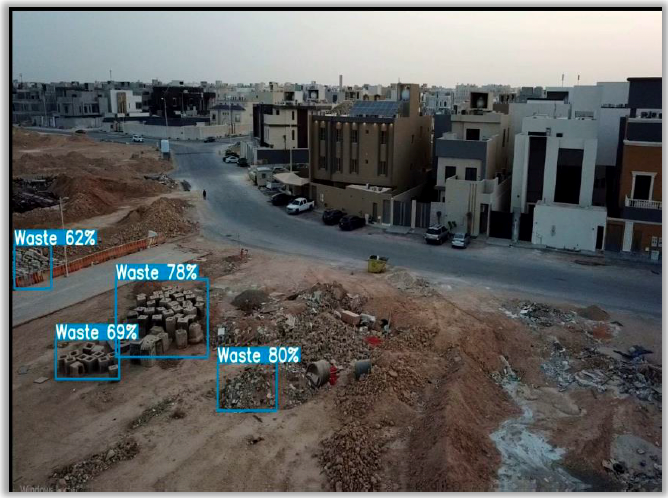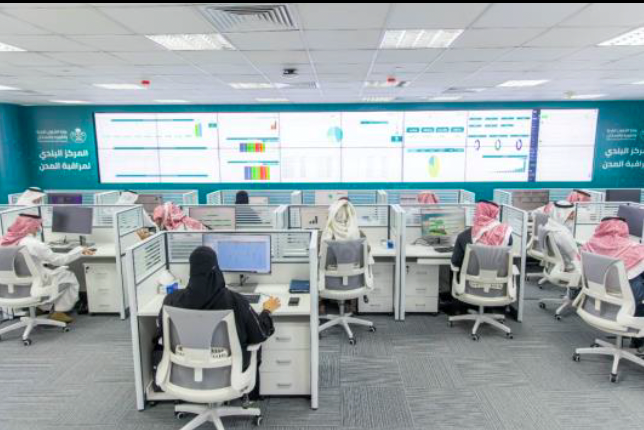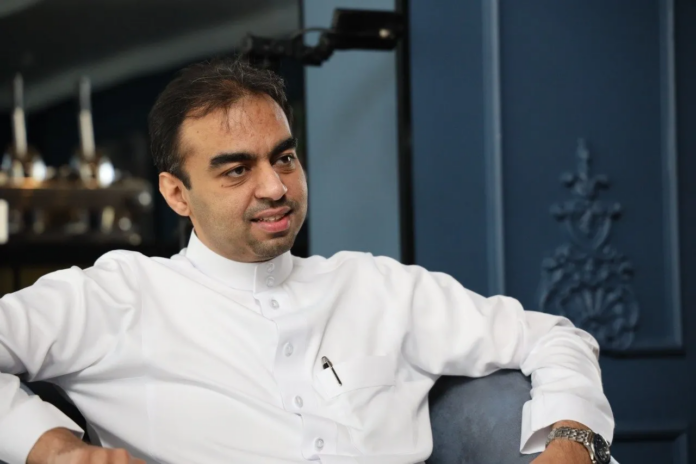Behind the representation of every sector hides persistent efforts of an organized pattern of protocols. These protocols are fashioned by a team of professional public policymakers. These heroes remain unsung as the entire sector’s maintenance lies in their proficiency. If not for them, many innovative achievements would take traditional direction and slower pace. An organization’s maintenance and smoothness indicate the significance of collaborating with such experts. Because policymakers often have the influence and opportunity to use their research evidence to alter or develop policies and have a mandate to work with and listen to the research community. Among many policymakers, Dr. Ahmed Kattan lies as one of the best policymakers due to his persistent research and notable track record. This article discusses his persistent efforts in not only creating a sustained atmosphere but also spreading his wisdom by indulging in the sphere of research and practice.
Dr. Kattan, born in 1983, is a name parallel to novelty, education, and public service in the Kingdom of Saudi Arabia. His voyage from a passionate computer science student to a celebrated figure in both academic and governmental sectors is a witness to his dedication and expertise.
Kattan’s academic expertise became apparent early on. In 2005, he received his bachelor’s degree in Computer Science and Information Systems from Jordan University of Science and Technology. His quench for knowledge led him to the University of Essex, where he accomplished his MSc in Software Engineering in 2007. Nevertheless, it was in the area of machine learning that he found his true calling, completing a Ph.D. in Evolutionary Computations and Machine Learning from the University of Essex in 2010.
His career was inaugurated in the private sector, where he enhanced his skills as a programmer and project manager. In 2013, his entrepreneurial spirit led him to institute a company concentrating on data analytics and decision support. The company was a success, creating mobile applications that gathered significant attention, eventually being acquired by a leading Saudi IT company in 2017.

His universal engagements, including representing the government at G20 meetings, showcased his diplomatic acumen.
Kattan’s contributions to the field of education are enormous. His proficiency in evolutionary algorithms and genetic programming led him to found the Ph.D. CEEC conference series in 2009. He advanced his academic journey as a postdoc researcher at Loughborough University, UK, diving deep into game theory and evolutionary computation. Not only did he outshine in research, but he also shared his knowledge as a graduate teaching assistant at the University of Essex.
Since 2015, Dr. Kattan has been a multitasker in several Saudi government departments. His roles varied from being a deputy minister for labor policies to deputy minister for city operators. His time period was marked by trailblazing policies and projects aimed at enhancing the labor market and broadcasting government procedures. He used Agent Based Modelling to simulate the Saudi labor market and visualize it as a video game. This Simulation has shifted the policymaking process in the Ministry of labor to a new level where the effect of any policy can be anticipated on many factors such as workforce, unemployment, and ability of private sector to absorb costs. Policies such as collective dismissal, regulating freelancers, remote working, and of zero-hour contracts were introduced by Dr. Kattan between 2015 and 2018. In 2023, it was reported by the General Authority of Statistics that the number of licensed freelancers has raisin from few thousands to more than 1.5 million licenses.

Dr. Kattan’s impact prolonged to multiple governmental podiums as a board member. His expertise was helpful in administrations such as the Saudi Authority for Industrial Cities and Technology Zones (MODON), the Saudi Foods and Drugs Authority, the Public Health Authority, and many others.
Apart from his administrative roles, Kattan’s intellectual contributions are remarkable. His publications, fluctuating from soft computing methodologies to smartphone-based human activity recognition systems, reflect his commitment to advancing the field of computer science. He published the Darwinian Policy Making model in his book entitled Navigating the Decision Space: A New Game-Changer for Decision-Makers. It is a purely objective approach for decision-making and allows decision-makers to drive a population towards a certain target. The whole idea of this proposed model is based on Evolutionary Computation (from the Machine Learning literature) that is inspired by Darwin’s Theory of Evolution (from the biology literature). The Darwinian Policy Making model can be applied in many commercial applications, such as sales of products, human resources management and mass marketing.
Dr. Kattan’s legacy is not only distinct by his impressive resume but also by his influence on the technological side of Saudi Arabia. His innovative mindset united with a passion for education and public service, continues. As he heads the City Operators and Compliance sector in the Ministry of Municipal, Rural Affairs, and Housing, one can only anticipate further groundbreaking initiatives under his headship, shaping the future of the nation he serves. He lunched more than 20 national services in the municipal sector. One of the most notable additions he introduced was a new concept of Darwinian competition to improve the contractor’s pre-qualification system for government procurement. The new process is fully automated and allows contractors to compete on local employment, high wages, and investment in safety and environment. This competition was rewarded with higher ranks which entitle contractors for bidding to larger contracts. It was reported that the number of qualified contractors has increased from 2,500 to 17,000 between 2020 and 2022. Furthermore, he introduced a stimulation package for the architect designing sector which aided the sector’s growth 2 folds, as reported by the Saudi Council of Engineers. In the area of city management, Dr. Kattan introduced drone technology with deep learning to allow drones detect building waste automatically improving inspection process.

In the area of housing, he introduced a set of new bylaws to regulate dorms aiming to raise their standards and subsequently improve living conditions for dorms’ residents. In addition, he established the national program of dorms improvement and set long term strategy to enhance lifestyle of dorms’ residents which was approved by a royal charter.

This strategy and its impact were picked up by the world bank and fully evaluated in a report published in 2021[1]. The report clearly appraised the efforts of the Saudi government and stated that it is one of the best plans compare to other countries. One more notable touch was introduced by Dr. Kattan was the Municipal Command and Control Center (MCCC). The MCCC introduced a new level of city monitoring to allow the Ministry measure and track cities’ quality and aim to reduce visual pollution across the country.
All this work achieved by Dr. Kattan, as well as other achievements that was not mentioned in this article, wouldn’t be possible without two main factors; A) a great and well-motivated team and B) a supportive environment embraced by the Saudi Government that helped Dr. Kattan to utilize his background and leadership skills to flourish. Dr. Kattan is one among many Saudis who work to drive growth and prosperity of their country under the well-known 2030 vision.
Saudi Vision 2030 is a government program launched by the Kingdom of Saudi Arabia that aims to achieve the goal of increased diversification economically, socially, and culturally, in line with the vision of Saudi Crown Prince. It was first announced in April 2016 by the Saudi government.
[1] https://documents1.worldbank.org/curated/en/888101624632371114/pdf/Low-Income-Labor-Housing-Strategy-of-the-Kingdom-of-Saudi-Arabia-From-Plan-to-Action.pdf

